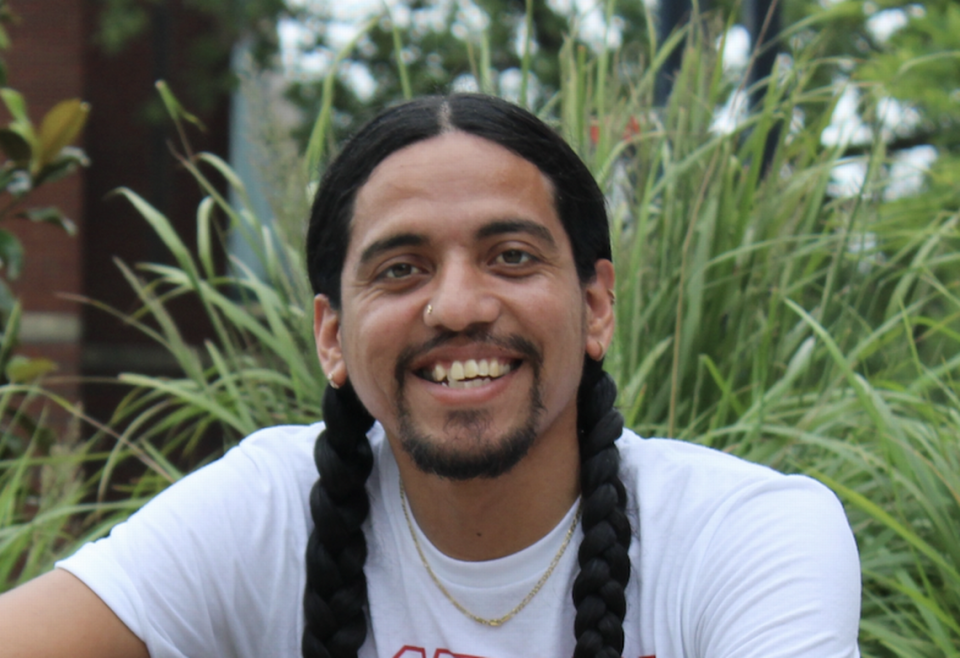DACA students could help ease Kentucky’s teacher, nursing shortages. If we let them. | Opinion
Until recently, the number of undocumented students in college was ticking upwards— largely the result of more states allowing these students to pay in-state tuition and receive state aid. Now that trend has reversed. In 2019, undocumented students were 4.5 percent of all college students, or about 427,000 people. Today, they are only 1.9 percent, according to a new report by the American Immigration Council and the President’s Alliance on Higher Education and Immigration.
The pandemic was partly to blame, but that’s not the only reason. In 2021, a federal judge ruled that the Deferred Action for Childhood Arrivals program was illegal and the government stopped accepting new DACA applications. Now, roughly 100,000 students are graduating high school every year without the ability to live and work legally in the United States. While new states continued to approve in-state tuition for these kids — most recently, Massachusetts — students’ calculations have changed.
College becomes much harder when you can’t work a legal job to cover tuition — and when you won’t be able to join the workforce once you graduate. That’s bad news for them. It’s also a problem for Kentucky.
I see all of this firsthand as an advisor to Hispanic college students in Louisville. It’s heartbreaking to see undocumented kids struggle to cover tuition or watch them graduate knowing they can’t legally use their knowledge and skills. These students might otherwise become doctors or teachers or successful business owners. Instead, their only option is to work under the table. It’s no wonder fewer undocumented kids are applying to college — and why I’m seeing so many drop out due to financial strain.
Federal law allows undocumented students to attend public colleges and universities. But only 24 states offer them in-state tuition. (In 2015, they became eligible here if they graduated from a Kentucky high school.) These students also lack social security numbers so are ineligible for federal financial aid and many scholarships. It’s why DACA authorization is so important; they can more easily cover tuition with a legal part time job, and they know a decent-paying salary awaits after graduation.
Students without DACA face unique challenges on campus. Many fear discrimination or deportation, so they’re secretive about their status. This makes it harder to build community and form the kind of relationships and networks that are vital to a successful college and post-college career. Even those with DACA protections experience significant stress. They live in constant uncertainty, never knowing if their status will be revoked by court order.
This is harmful to students and to our state. Kentucky hospitals had 13,423 vacancies last year, especially among nurses, according to the Kentucky Hospital Association. Our public schools began the 2022-23 school year short 11,000 teachers. And yet after graduation, certain occupational licensures, like those for healthcare jobs, aren’t available to anyone without a social security number. A number of states have changed their laws to allow undocumented graduates to receive nursing licenses and teaching certificates – but Kentucky isn’t one of them.
Undocumented students are also important for the health of our colleges and universities. Immigrants have accounted for 80 percent of the increase in U.S. college enrollment between 2000-2021. Yet if undocumented students don’t see a future for themselves post-college because they can’t legally work, or if they don’t see a path financially to reach graduation, they aren’t likely to enroll.
With our aging population, we need as many bright, motivated and legal working age Kentuckians as we can get. And undocumented students are Kentuckians. They’ve grown up in our state and attended our K-12 schools. It makes sense for Kentucky to invest in their education, but we must do more to reduce educational and professional barriers—especially given the precarious state of DACA.
A growing number of states have extended occupational licensure eligibility for undocumented immigrants. Kentucky should be one of them. As for college — faculty, administrators and students should do everything they can to help undocumented students feel supported on campus. The federal government may have turned its back on them, but we don’t have to.

Marcos Morales is a program coordinator who advises Hispanic college students in Kentucky.

